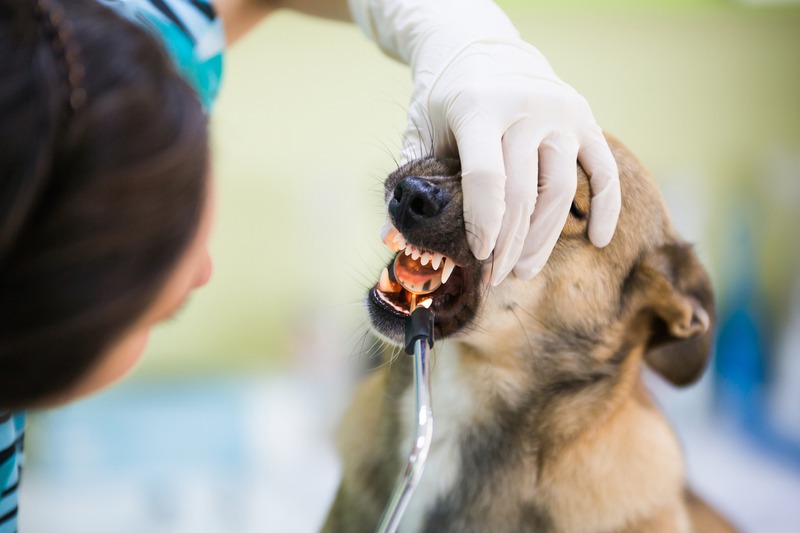How Can Post-Surgery Care Improve My Pet’s Recovery?
When our furry friends go under the knife, it can be an anxious time for any pet owner. But once the surgery is over, the real work begins. Post-surgery care is critical to help our pets recover swiftly and safely. The care we provide our pets after they undergo surgery can significantly influence their recovery speed and quality. It’s not just about ensuring wounds heal. It’s about providing comfort, preventing complications, and easing their return to daily life. Let’s delve into the practical ways you can ensure your pet has the best possible recovery after surgery.
Key Steps to Enhance Your Pet’s Post-Surgery Recovery
Post-surgery care for pets involves several key steps, each contributing to a smoother and faster healing process. From managing pain to keeping their environment safe, every detail counts.
Understand and Manage Pain
Recognizing and managing your pet’s pain is paramount. Animals often hide their discomfort, so it’s our job to understand the signs. Your veterinary surgeon will likely prescribe pain medication. Be vigilant about dosage and timing, and keep an eye out for any changes in behavior that might indicate pain or discomfort.
Strictly Follow Post-Operative Instructions
Your vet knows best. They’ll give you a set of post-operative instructions tailored to your pet’s procedure. These could include guidelines on feeding, medication schedules, and activity levels. Follow these instructions to the letter to avoid any complications or setbacks.
Maintain a Safe and Comfortable Environment
Your pet will need to recuperate in a quiet and comfortable spot. Keep their bedding clean and dry, and place it away from busy areas of the house. A calm environment will help minimize stress and encourage rest.
Restrict Movement
Too much movement can disrupt the healing process. Depending on the surgery, your pet may need to be crated or confined to a small space. Stairs and jumping should be avoided if your vet has recommended restricted activity.
Monitor the Surgical Site
It’s essential to check your pet’s surgical site every day. Watch for signs of infection like redness, swelling, or discharge. If anything looks unusual, contact your vet right away. Regular inspections ensure your pet heals properly and can help catch problems early. Don’t skip these checks; they are crucial for your pet’s health and recovery. So, make it a part of your daily routine until your vet gives the all-clear.
Keep Up With Follow-Up Appointments
Frequent vet visits after surgery may seem excessive, but they are crucial. Your vet monitors your pet’s recovery and makes necessary adjustments to their care plan. These visits help detect problems early and ensure a smooth recovery. Skipping these check-ups can risk complications and slow down healing. Trust your vet’s guidance for the best care.
Offer Proper Nutrition and Hydration
Good nutrition helps your pet heal. Choose foods that are easy to digest and always have fresh water ready. Your vet might suggest a special diet to aid recovery. Feeding them the right food boosts their energy and helps their body repair itself faster. Simple, nutritious meals are best. Keep an eye on their eating habits and consult your vet for diet advice. Proper care and feeding can make a big difference in getting your pet back to health quickly.
Keep Them Engaged
Recovery for active pets can be dull and frustrating. To keep them engaged, use toys and treat puzzles that stimulate their minds without needing much physical activity. These can include puzzle feeders, interactive toys, and slow-release treat dispensers. Such activities will help distract them, provide mental challenges, and keep them entertained, ensuring a smoother recovery process. Always choose items that are safe and appropriate for your pet’s condition, and consult your vet for recommendations to ensure their well-being and a straightforward healing process.
What to Avoid During Post-Surgery Recovery
-
No rough play or vigorous exercise
-
Avoid bathing your pet unless your vet approves
-
Do not apply any topical treatments to the incision site without vet approval
-
Keep other pets away to prevent licking or nipping at the wound
Throughout the recovery process, patience is your best friend. Healing takes time, and rushing it won’t do your pet any favors.
The Importance of Professional Follow-Up Care
After surgery, professional follow-up care is incredibly important. This means having professionals such as an animal hospital in Denver watch over your pet’s recovery. They can help detect early signs of complications, adjust pain medications if needed, and offer reassurance that the healing process is going as expected.
Finding Rehabilitation Support
If your pet’s surgery was extensive, rehabilitation might be recommended. Professional facilities provide services such as physical therapy, hydrotherapy, and massages to help your pet regain strength and mobility faster.
Why Oral Health Shouldn’t Be Overlooked
Not all surgeries involve broken bones or internal issues. If your pet has had dental surgery, its oral health should receive the same attention. Working with a skilled dog dentist in Denver, CO, can make a world of difference in your pet’s recovery and overall well-being.
Final Thoughts
Your pet’s post-surgery period is crucial for a full and speedy recovery. Pain management, environmental comfort, nutritional support, and professional follow-up are all key elements that require your attention and dedication. By being proactive and attentive, you can help ensure that your pet gets back on their paws as quickly as possible, with the least amount of discomfort. Remember, recovering from surgery is a sensitive time for your pet, and the care you provide can make all the difference.








